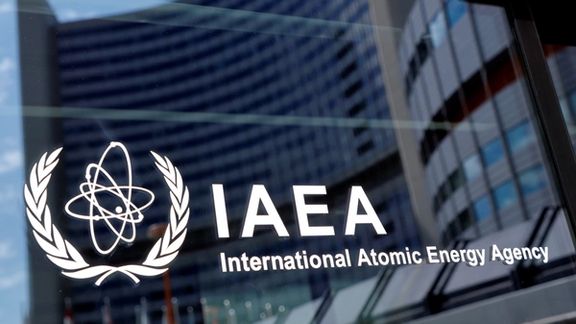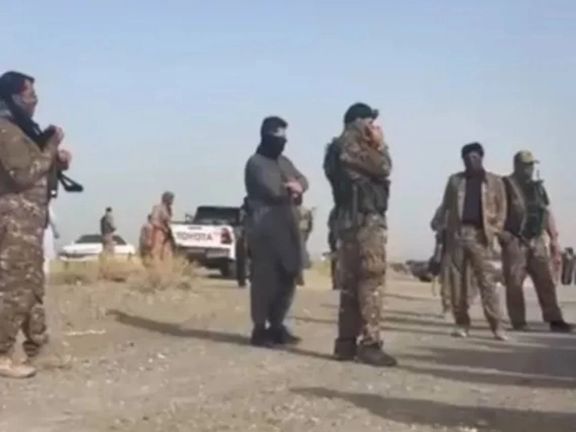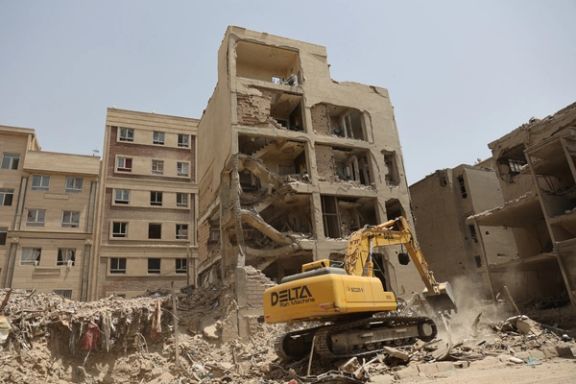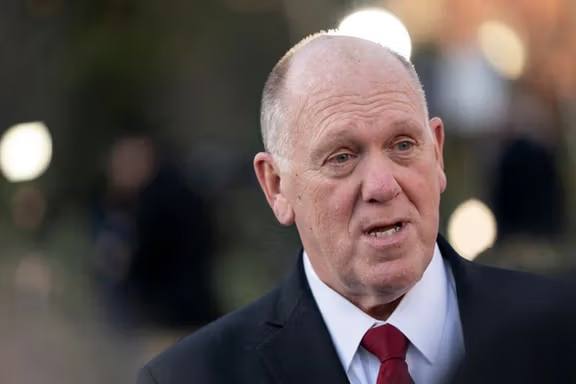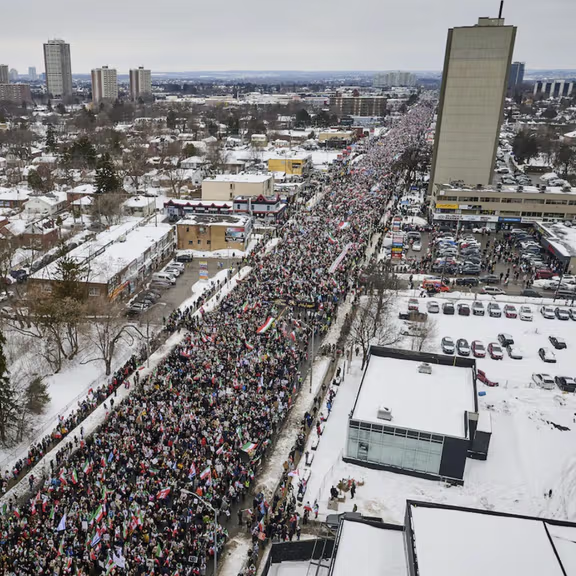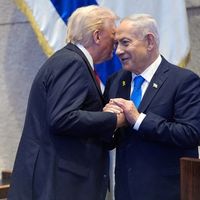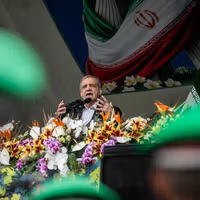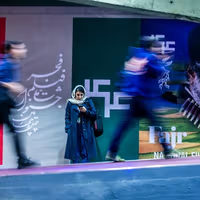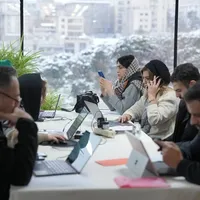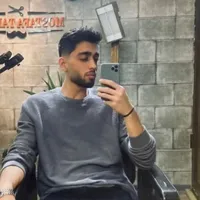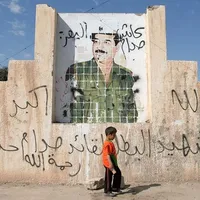The IAEA said it was awaiting formal clarification from Iranian authorities on what the suspension will mean in practice.
“We are aware of these reports. The IAEA is awaiting further official information from Iran,” the UN nuclear watchdog said in a statement.
On Wednesday, Iranian state media announced that President Masoud Pezeshkian had enacted the law, following its approval by parliament and the Guardian Council.
The law mandates a halt to cooperation under the safeguards agreement tied to the Nuclear Non-Proliferation Treaty (NPT), unless Iran’s demands—such as security assurances for its nuclear sites and scientists—are met.
The move follows a sharp escalation in Iranian criticism of the IAEA, particularly after a resolution passed by the agency’s Board of Governors was cited by Tehran as paving the way for Israeli and US strikes on its nuclear sites last month.
Iranian newspaper calls for arrest and execution of IAEA chief
Iran’s hardline newspaper Kayhan, overseen by Iran's Supreme Leader Ali Khamenei, published an editorial last week accusing IAEA Director General Rafael Grossi of working as an Israeli agent. The paper said Grossi should be arrested and executed if he enters Iran.
The comments triggered swift condemnation from France, Germany, and the United Kingdom. “We condemn threats against the Director General of the IAEA, Rafael Grossi,” the three governments said in a joint statement on Monday. They reaffirmed their full support for the agency and its mandate.
Judiciary signals possible in absentia prosecution of Grossi
On Wednesday, a senior Iranian judicial official suggested Grossi could face trial in absentia for his alleged role in facilitating the attacks. Deputy judiciary chief Ali Mozaffari said the case was under review by the judiciary’s international affairs office and that legal teams were compiling evidence to seek damages.
He accused the IAEA chief of “deceptive actions and falsified reports” that, in Tehran’s view, laid the groundwork for foreign aggression.
Officials press IAEA to condemn strikes
Iranian officials have also criticized the IAEA for failing to condemn the attacks on Iran’s nuclear facilities. Foreign Ministry spokesman Esmail Baghaei told the Hindustan Times over the weekend that Tehran had expected a clear denunciation from the IAEA leadership and Board of Governors.
“We are not hostile to any person at the international organizations, IAEA being one of them,” Baghaei said. “The point is that, yes, we are outraged—our people are really unhappy and angry about the IAEA’s position.”
He accused Grossi of including “concepts” in his latest report that allowed Western nations to push through the resolution. Although Grossi told CNN there was no evidence of an Iranian weapons program, Tehran claims the report provided cover for the subsequent attacks.
Atomic Energy Organization head Mohammad Eslami echoed the criticism Wednesday, saying the strikes would not deter Iran’s nuclear development. “The nuclear industry cannot be destroyed by bombing,” he said. “The path forward is open.”
